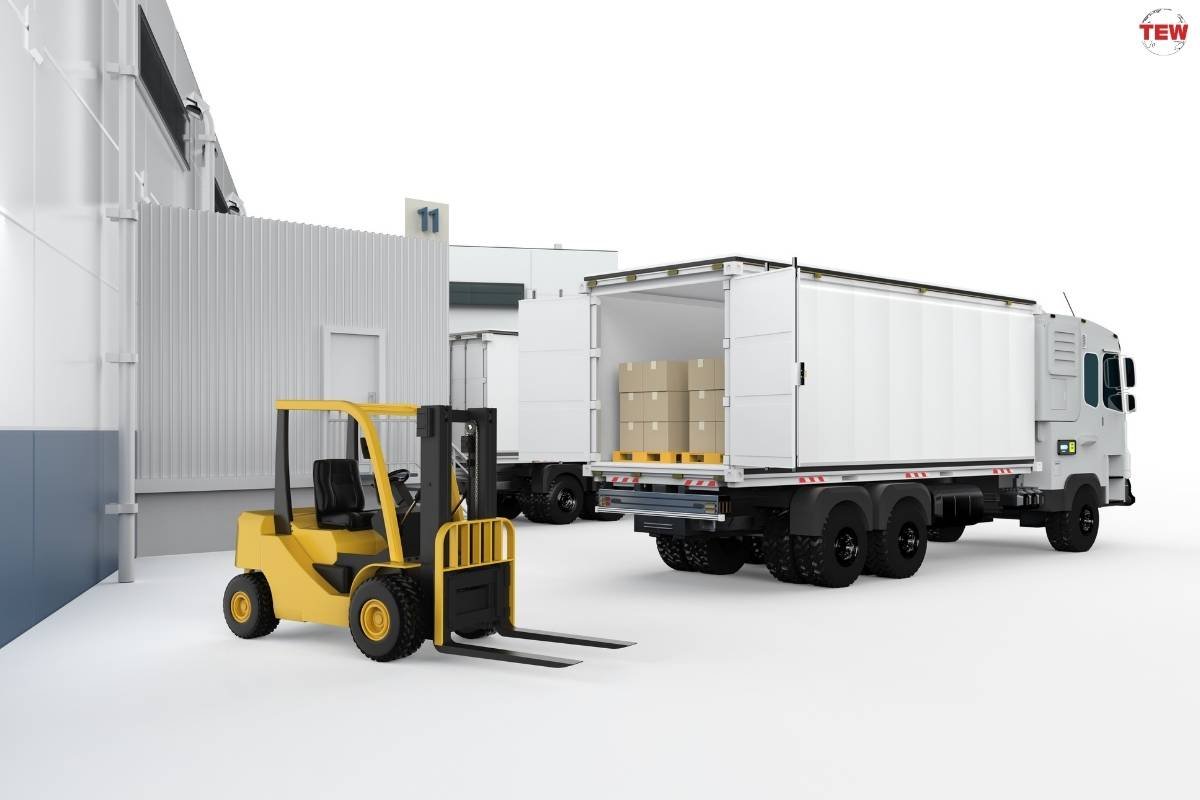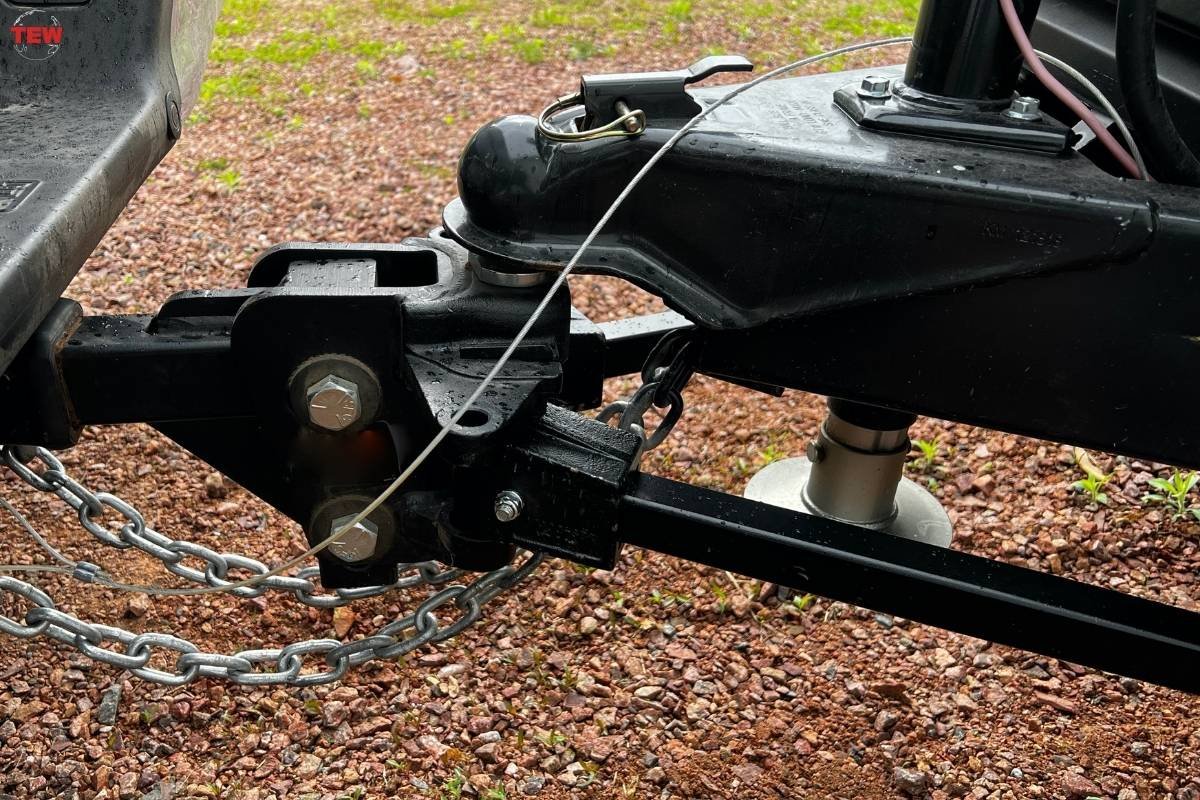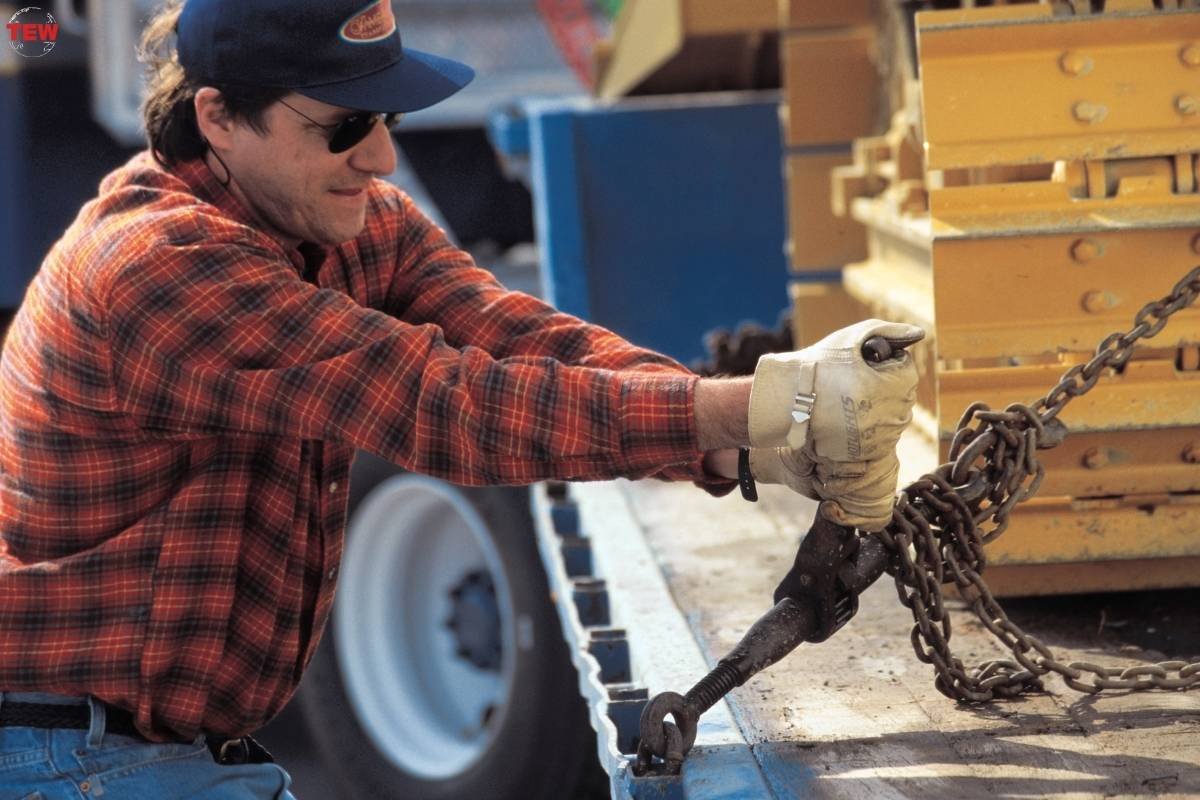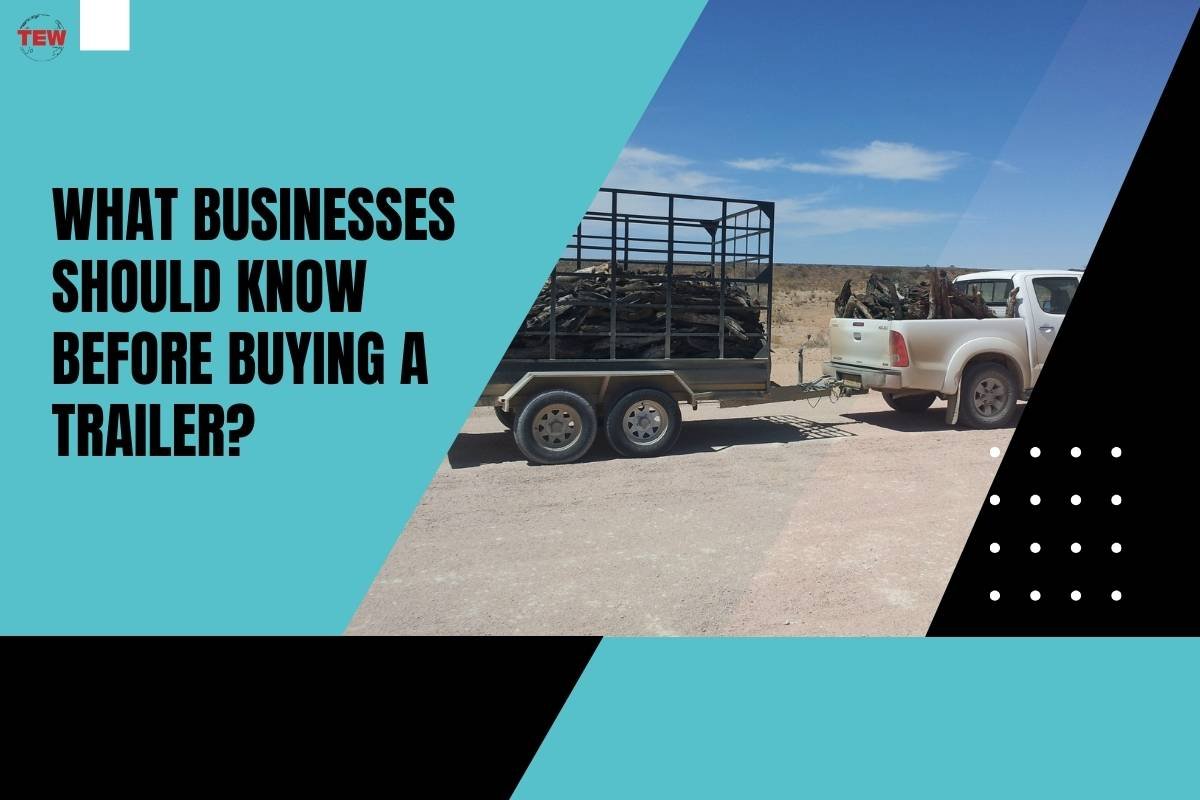You might be familiar with business nightmares like missed deliveries, damaged goods, rising logistical costs, inefficient operations, safety risks, and compliance issues. Such challenges can seriously restrict your growth potential and profitability.
The good thing is that you can transform these headaches into opportunities. You can streamline deliveries, ensure your goods arrive in perfect condition, and reduce operational costs. Investing in the right trailer can unlock these possibilities. In 2022, road tractors and semi-trailers accounted for 65.5% of EU road freight transport. However, finding the perfect fit for your business requires careful consideration.
This article explores crucial factors businesses must consider before buying a trailer for your business, ensuring you make the best choice for long-term success.
Choosing the right type of trailer
Buying a trailer for your business: The world of trailers is diverse, with each type offering distinct advantages and drawbacks. Below is an outline of some of the most common options that you’re sure to find in a dealership’s yard with a diverse trailer selection:

- Flatbed trailers: These are typically open, thus ideal for hauling bulky or irregularly shaped items like construction materials, machinery, or vehicles.
- Enclosed trailers: These provide full protection for your cargo from weather, dust, and potential theft. They’re often used for transporting high-value goods, fragile items, or items requiring climate control.
- Box trailers: Similar to enclosed trailers, box trailers offer protection for your goods. They’re often smaller and lighter, making them well-suited for lighter duty hauling or general storage.
- Refrigerated trailers (reefers): These maintain specific temperatures for the transportation of perishable goods like food, pharmaceuticals, or flowers. They’re in high demand among businesses. In 2021, the value of the refrigerated trailer market was about USD$ 5.9 billion. It’s predicted to rise to USD$ 8.8 billion by 2027.
Consider your business needs when buying a trailer for your business. If you transport a wide range of cargo, you’d want to go for a versatile flatbed trailer. However, if you need extra security or climate control, an enclosed or refrigerated trailer would be more suitable.
Understanding weight ratings and towing capacity
When buying a trailer for your business, it’s critical to familiarize yourself with some key weight-related terms. It helps you select a safe and compatible option. If you’ve already bought one, the good thing is that you can upgrade your trailer with premium axle parts to enhance its performance, safety, and longevity. Below are some must-know terms:
- Gross vehicle weight rating (GVWR): This is the maximum allowable weight of a fully loaded vehicle, including the vehicle itself, passengers, fuel, and any cargo.
- Gross trailer weight (GTW): This is the actual weight of the trailer when fully loaded with cargo.
- Payload capacity: This refers to the maximum amount of cargo a trailer can safely carry.
- Tongue weight: This is the downward force the trailer exerts on your tow vehicle’s hitch.

Exceeding any of these weight limits could lead to instability, compromised braking performance, damage to your tow vehicle, and even accidents.
Also, ensure your tow vehicle’s capabilities match the trailer you choose. This is crucial for maintaining safe and legal operations.
Prioritizing construction quality and durability
Your trailer is an investment, and you want to be sure it’ll last for the long haul. The materials, handling, and construction techniques used contribute significantly to a trailer’s lifespan. Those built with high-quality steel frames, rust-resistant coatings, and durable flooring last longer and can better withstand harsh conditions and heavy use.
When inspecting a trailer, check the quality of welds, the sturdiness of the frame, and the overall fit and finish. Go for trailers with smooth, consistent welds, a robust frame design, and a lack of gaps, uneven edges, or signs of hasty assembly.
Well-built trailers may cost slightly more initially, but this investment often pays off in the long run. A durable trailer lasts between 15 and 20 years, reducing the need for recurring repairs and replacements, saving you both time and money. It also ensures enhanced reliability, reducing the risk of downtime and costly delays associated with breakdowns.
Features and accessories that matter
Beyond the core structure of a trailer, many features and accessories can significantly enhance its functionality and safety. Below are some important ones:

- Loading options: Consider how you’ll be loading and unloading your cargo. Ramps are essential for trailers used to transport wheeled equipment or vehicles. Side doors or liftgates can also significantly simplify loading and unloading.
- Cargo security features: Protecting your cargo from theft or damage is paramount. Look for features like integrated locks, sturdy tie-down points, and durable door seals.
- Lighting and braking systems: Trailers must comply with local regulations regarding lighting and braking systems. Ensure the trailer you choose has appropriate brake lights, turn signals, and other required lighting for safe and legal road use.
- Additional customizations: Various customizations can tailor a trailer to your specific needs. These may include shelving, toolboxes, reinforced flooring, specialized tie-down systems, and more. Consider potential customizations that could streamline your operations and maximize the trailer’s versatility.
Conclusion
Buying a trailer for your business is a decision with far-reaching implications. The tips above equip you to make a smart investment that’ll streamline your operations for years to come.
For additional guidance, consult with a knowledgeable trailer dealer. They can help you with a personalized assessment based on your unique business requirements and ensure you find the perfect solution.




